Search
Search Results
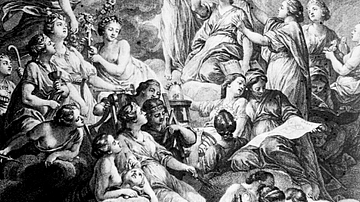
Definition
The Enlightenment
The Enlightenment (Age of Reason) was a revolution in thought in Europe and North America from the late 17th century to the late 18th century. The Enlightenment involved new approaches in philosophy, science, and politics. Above all, the...
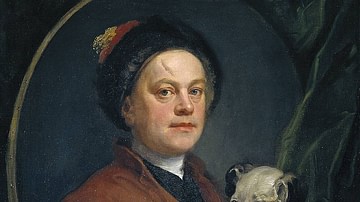
Article
Dogs & Their Collars in the Age of Enlightenment
In medieval and Renaissance Europe, dogs were considered little more than 'machines' which performed certain tasks, such as guarding a home or tracking game, but this view changed significantly during the Age of Enlightenment (also known...

Article
Natural Rights & the Enlightenment
The idea of natural rights is the concept used in philosophy and legal studies that a person has certain rights from birth and which, because they were not awarded by a particular state or legal authority, cannot be removed, that is, they...

Article
The Idea of the Sublime in the Enlightenment
During the European Enlightenment, a concept was developed in philosophy and aesthetics called the sublime. In the arts, literature, and the works of intellectuals, the sublime referred to the awe-inspiring capacity of nature and beauty...
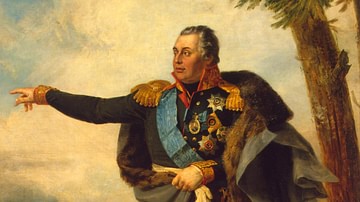
Article
Mikhail Kutuzov & the Russian Military Enlightenment
The Military Enlightenment of the 18th century was a concerted effort across Europe to engage with the science of war. Embracing rationalism and professionalism, especially in military education, statesmen, philosophers, and educators explored...

Article
Parisian Salons & the Enlightenment
The salon was a notably French cultural event, a private social gathering where a mixture of guests openly discussed art, literature, philosophy, music, and politics. Salons were particularly but not exclusively associated with Paris and...
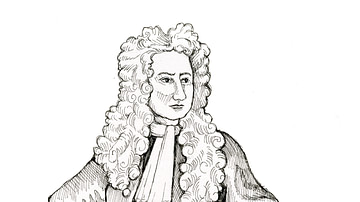
Collection
12 Key Enlightenment Philosophers
In this collection, we look at the lives, works, and ideas of the following 12 key philosophers of the Enlightenment: Thomas Hobbes René Descartes John Locke Montesquieu David Hume Jean-Jacques Rousseau Denis Diderot...
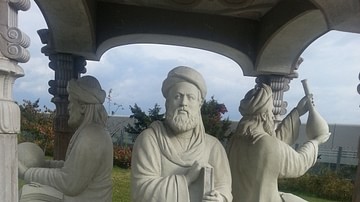
Article
Ibn Sina, Biruni, and the Lost Enlightenment
Ibn Sina and Biruni were two of the most outstanding thinkers to have lived between ancient Greece and the European Renaissance. These two giants of a lost era of enlightenment were born in Central Asia about the year 980. For six hundred...
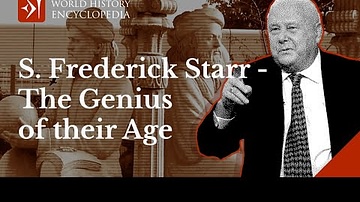
Video
The Genius of their Age: Ibn Sina, Biruni, and the Lost Enlightenment
A vibrant portrait of an age when Arabic enlightenment anticipated and inspired the European Renaissance, illuminated by its guiding figures and rivals, Ibn Sina and Biruni. In The Genius of their Age, S. Frederick Starr follows up his...
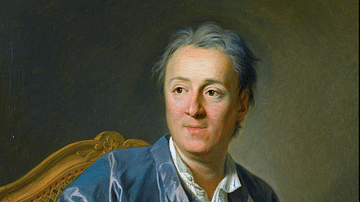
Definition
Denis Diderot
Denis Diderot (1713-1784) was a French author and philosopher known for his views which influenced the Enlightenment and his general editorship of the multi-volume Encyclopedia, often described as the 'Bible of the Enlightenment'. Diderot...